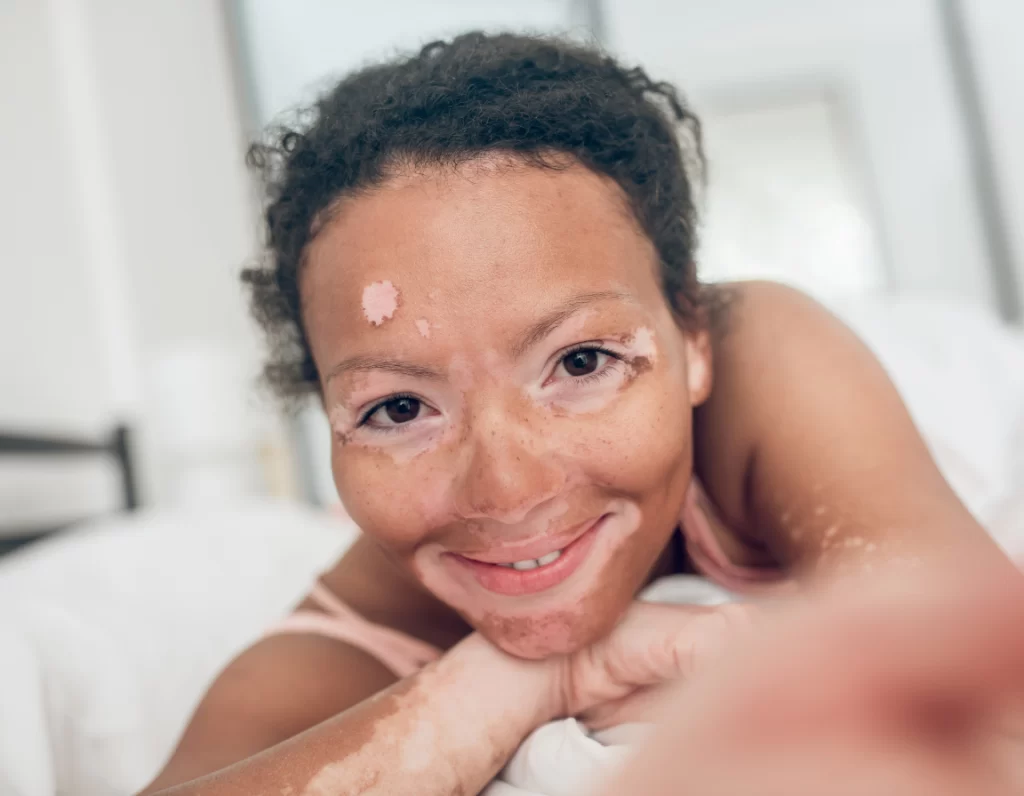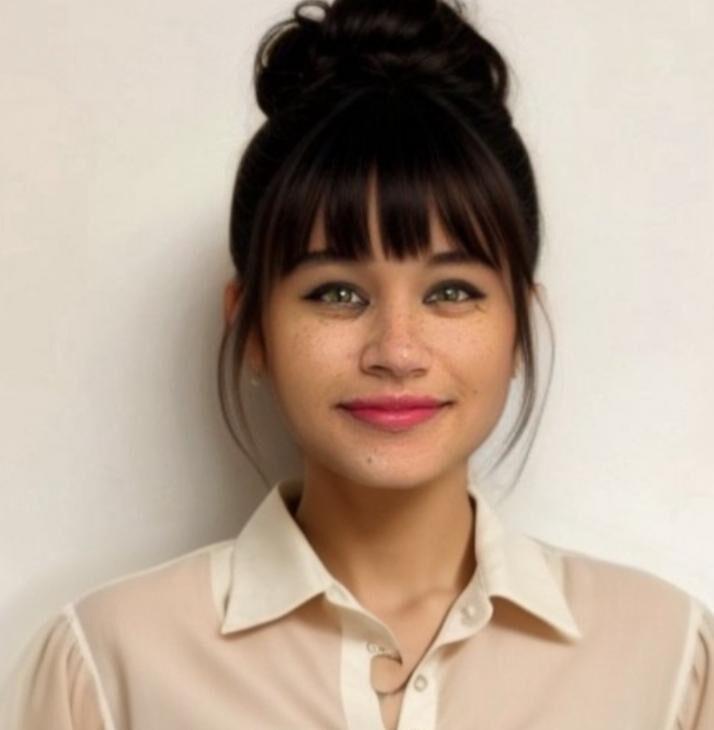
Social media has become an integral part of modern life, but have you ever considered how your online behavior reflects your personality? Whether you view the internet as a tool to boost your career or just a way to unwind, the way you interact online reveals much about who you are. A study from the University of Gothenburg suggests that our personalities shape how we engage with the digital world, influencing everything from the content we post to how we interact with others.
This connection between personality and social media use can have far-reaching effects on other aspects of life something that has become even more apparent during the pandemic, according to consumer researcher John Magnus Roos. Understanding this relationship can help us reflect on our online habits and their impact on our daily lives.
Personality Online: Who Are We on the Internet?
In today’s world, almost everyone spends time on the internet daily. Whether through social media, forums, gaming platforms, or other websites, many of us have multiple online accounts. People often talk about the internet as a separate world, but it’s just another part of our lives. Interestingly, our online personalities can be quite different from who we are offline.
Shaping Our Online Personality
Just like how we behave differently in various offline situations, we also show different sides of our personalities online. The traits we highlight can vary a lot depending on the platform we’re using. For example, you might be relaxed on Discord, playful on TikTok, and casual on Snapchat. It all depends on the context and what feels right for each platform. Online, it’s easier to control what we share and how we present ourselves.
On Social Media: Online and Offline Personalities
One major difference between our online and offline personalities is how deliberate we can be on the internet. Without face-to-face interactions, we often feel more confident expressing ourselves or saying things we wouldn’t normally say in person. We also have more control over what we reveal. In real life, we often have to respond quickly, with little time to think before reacting. Online, however, we can take our time crafting messages or even delay responding. This allows us to choose carefully what to share—sometimes even posting things from the past or creating gaming avatars that don’t match our real-life traits.
How Online Platforms Shape Identity
Our online identity is influenced by many factors, including the ability to selectively showcase parts of ourselves and the option to remain anonymous. Think about your online presence: How do you present yourself on social media or gaming platforms? Does your online persona reflect all of who you are, or just certain parts?
One of the fun aspects of social media is that we get to show off parts of our lives. But it’s important to consider how much of ourselves we’re actually displaying. Are we more likely to post highlights from special events than moments from everyday life?
Is Social Media Changing Who You Are?
Most young people between the ages of 12 and 19 use social media daily. Platforms like Instagram, WhatsApp, Snapchat, YouTube, Facebook, and Twitter play a big role in their lives. But young people don’t just use these networks—they actively shape them. In turn, these networks influence their personality development.
How Social Media Impacts Identity Formation
When young people interact on social media, it impacts their sense of identity. Identity is how someone feels about themselves and their place in the world. This sense of self evolves. For young people, identity develops gradually—a process psychologists call identity formation. Engaging with others, both online and offline, is a key part of this development.
Online vs. Real-World Interactions
Young people interact with each other differently online compared to in real life. On the internet, they have the freedom to present themselves however they choose. For example, someone might describe themselves as tall and blond online, even though in reality, they might be short with dark hair. This ability to create and control their image helps young people explore different aspects of their identity.
The Shift to New Platforms
Facebook, once the most popular social network, was founded in 2004. However, its popularity has declined among younger generations. Today, platforms like Instagram, Snapchat, and YouTube are more popular with teenagers. Studies show that young people are most active on these platforms for various reasons.
Why Do Young People Use Social Networks?
Young people are drawn to social media for several key reasons:
- Entertainment: Social media offers a fun way to engage with content, whether it’s looking at photos or reading about others’ experiences.
- Seeking Praise and Recognition: Receiving likes, comments, and praise boosts their confidence and makes them feel more self-assured.
- Staying Informed: They use social media to keep up with the latest news—whether it’s updates from friends, shared interests, or celebrities.
- Building Connections: Social networks allow them to connect with people who matter to them, such as friends, family, or new contacts.
Being Yourself Online: The Digital vs. Real You
Young people use social media in all kinds of ways, some like scrolling through pictures, others prefer reading posts, and many enjoy sharing their content. Each platform is used differently, too. For example, Snapchat is mostly for sending quick photos and videos, while Instagram is more about sharing polished pictures and longer captions.
What young people post online whether it’s photos, videos, or text reveals a lot about them, like their interests, hobbies, and personalities. But here’s the thing: many people try to present the best version of themselves online. This “digital self” is how they want others to see them. Sometimes, though, their online self can be pretty different from who they are in real life, which can cause confusion and identity issues.
Why Do Some People Pretend on Social Media?
A lot of young people feel the pressure to be someone they’re not when they’re online. They may end up pretending to be cooler, more confident, or different in ways that don’t match their true selves. Over time, this can make it hard to tell what’s real and what’s just an online persona. It can also leave them feeling stressed and confused.
Most young people want to be liked and praised by their friends and followers. But if there’s a big gap between their online self and their real self, it can backfire. Friends might notice the differences and, instead of giving them compliments, they might even make fun of them. This can be disappointing and hurtful.

Cyberbullying: A Serious Online Problem
Sadly, social media can sometimes be a place where bullying happens. Cyberbullying is when people insult or make fun of someone online. It could be through sharing embarrassing secrets or even sending threats. Bullying can be incredibly painful, and if it goes on for a long time, it can affect someone’s mental health. If this happens, it’s super important to ask for help.
The Pressure to Look Perfect Online
Many young people share pictures and videos of themselves online, wanting to look their best. They often look up to celebrities or influencers, but these stars have professionally edited photos and makeup teams, making it hard for everyday teens to match those standards. This creates a lot of pressure and can make some people feel bad about themselves when they compare their lives to what they see online.
In the end, it’s important to remember that nobody’s life is as perfect as it looks on social media. Being true to yourself both online and offline is what matters.
Body Image and Social Media: The Pressure to Be Perfect
Instagram is one of the most popular social media platforms, especially for people between the ages of 18 and 35. Most of its users are girls and women who often share selfies—photos they take of themselves—and comment on others’ pictures. The main topic in these posts is usually appearance. Many focus on how to look more beautiful, using fashion and makeup to match the slim, athletic bodies often seen in advertisements and movies.
But there’s another side to Instagram. Some users post pictures that show a different kind of beauty. For example, you’ll find photos of people with disabilities, showing that beauty comes in all forms. A great example is Ilka Brühl, who was born with a cleft lip. She shares photos of herself proudly, reminding people that it’s okay not to fit the typical definition of “perfect.” This helps normalize the idea that everyone is different.
What Does It Mean to Be Masculine?
Boys and men on social media often face pressure. Many feel that being masculine means showing strength, power, or dominance over others. Some believe that making “tough” or rude comments is a sign of masculinity. However, not everyone agrees with this idea, and many social media users push back against these outdated views.
The Importance of Body Image
In today’s world, how our bodies look is important to many people. It’s not just about being fit but also about looking good. This is why so many people join gyms or decorate their bodies with tattoos. For young people, their body image plays a huge role in how they see themselves. They often share photos of their bodies on social media, comparing themselves to others.
Hiding Problems on Social Media
Most young people on social media prefer to show their best sides. They rarely talk about personal struggles, like eating disorders, addiction, or mental health issues. Since social media is a place where people seek praise and recognition, it’s easier to post positive things that will get “likes.” Talking about problems doesn’t usually bring the same level of attention or support, so many choose to stay silent about their issues.
The act of getting “likes” is simple just a click but it can mean a lot to someone. Receiving many likes makes people feel appreciated and valued. For many, it’s an easy way to get that boost of confidence and recognition from others.
Young People and the Search for Self-Confidence
Every young person gets to decide how they want to present themselves on social media. They can highlight their hobbies, like playing sports or cooking, to show others what they enjoy. As people look at their profiles, they form an impression of that person. And young people also reflect on their profiles. If they’re not happy with what they see, they can make changes by removing photos or posting new ones until they feel satisfied. This process can help them learn what matters to them and even help them understand themselves better.
However, some young people present a version of themselves online that’s very different from who they truly are. For example, they might claim to be super into sports when, in reality, they hardly exercise. Or they might share photos that make them look much better than they feel they look in real life. The constant need to appear perfect can take a toll on them, leaving them feeling bad because they know they aren’t living up to the image they’re projecting. This disconnect between their online persona and real life can lead to problems with self-esteem and even create issues in their relationships with others.
The teenage years are a tough time. It’s a period of transition from childhood to adulthood, and young people often feel confused and uncertain. They are still figuring out who they are and what they want out of life. Big questions like “What’s the meaning of life?” or “What am I good at?” are hard to answer on their own. These are the years when connections with others become essential. Interactions with people in real life are important, but so are the ones they have on social networks.
Why Are Young People So Dissatisfied with Themselves?
While social media can be entertaining, it can also put pressure on young people. They see others who seem to have it all figured out, which can make them feel like they are falling behind. They might come across phrases like “Be yourself, or be nobody.” This saying suggests that you must be true to yourself, or else you don’t matter. But the truth is, it’s not that easy to just “be yourself” when you’re still discovering who you are.
The Highlight Reel of Social Media: What We See Isn’t the Whole Story
When we carefully choose what parts of ourselves to show online, we have to remember that others are doing the same. Just because someone seems to always be traveling or having exciting adventures doesn’t mean that’s their full reality. They could be sharing photos from a trip they took last year, making their life seem more eventful than it is.
We build our online personalities in a way that’s very different from real life. It’s easy to feel like others are living more interesting lives or are more fun to be around, but what we see on social media is just a glimpse of a highlight reel. Everyone, like us, is only showing certain parts of their life, carefully curating what they want others to see.






















